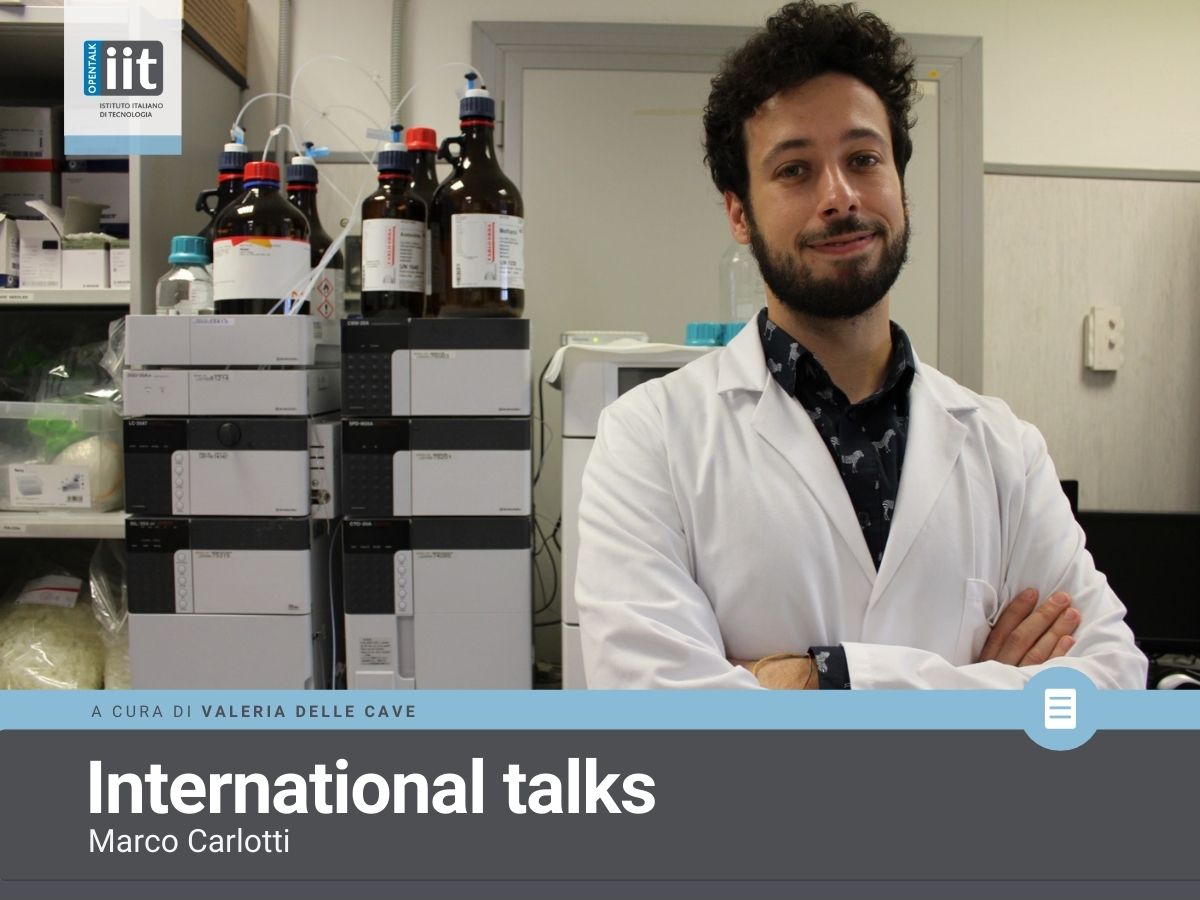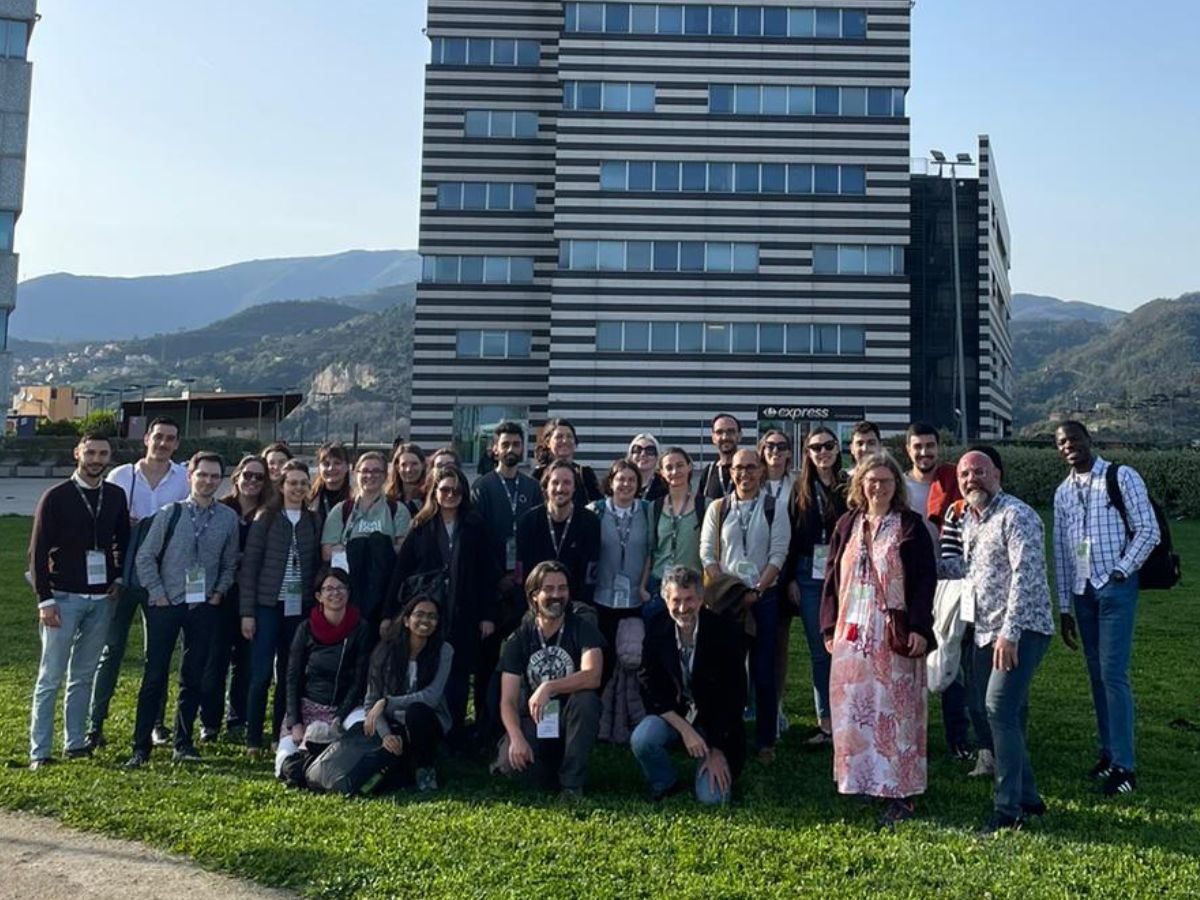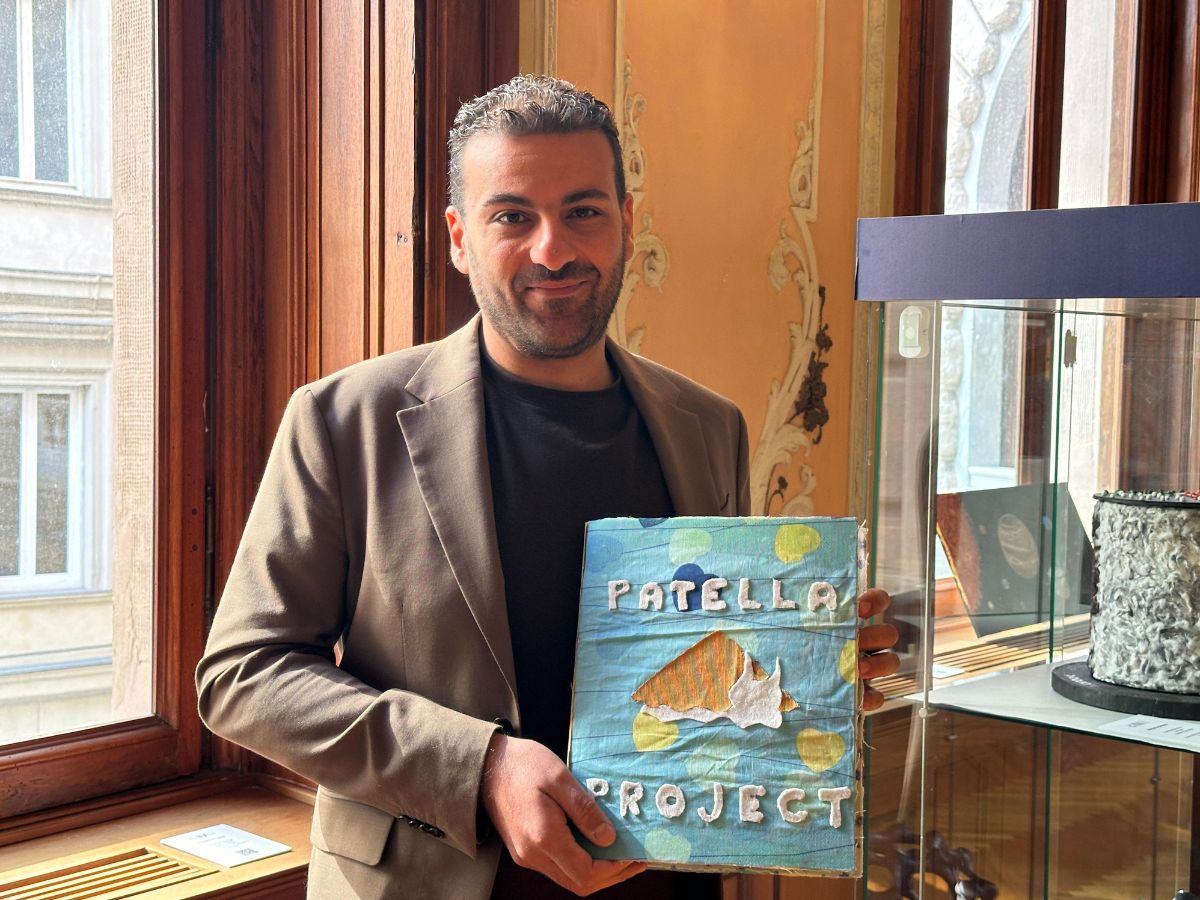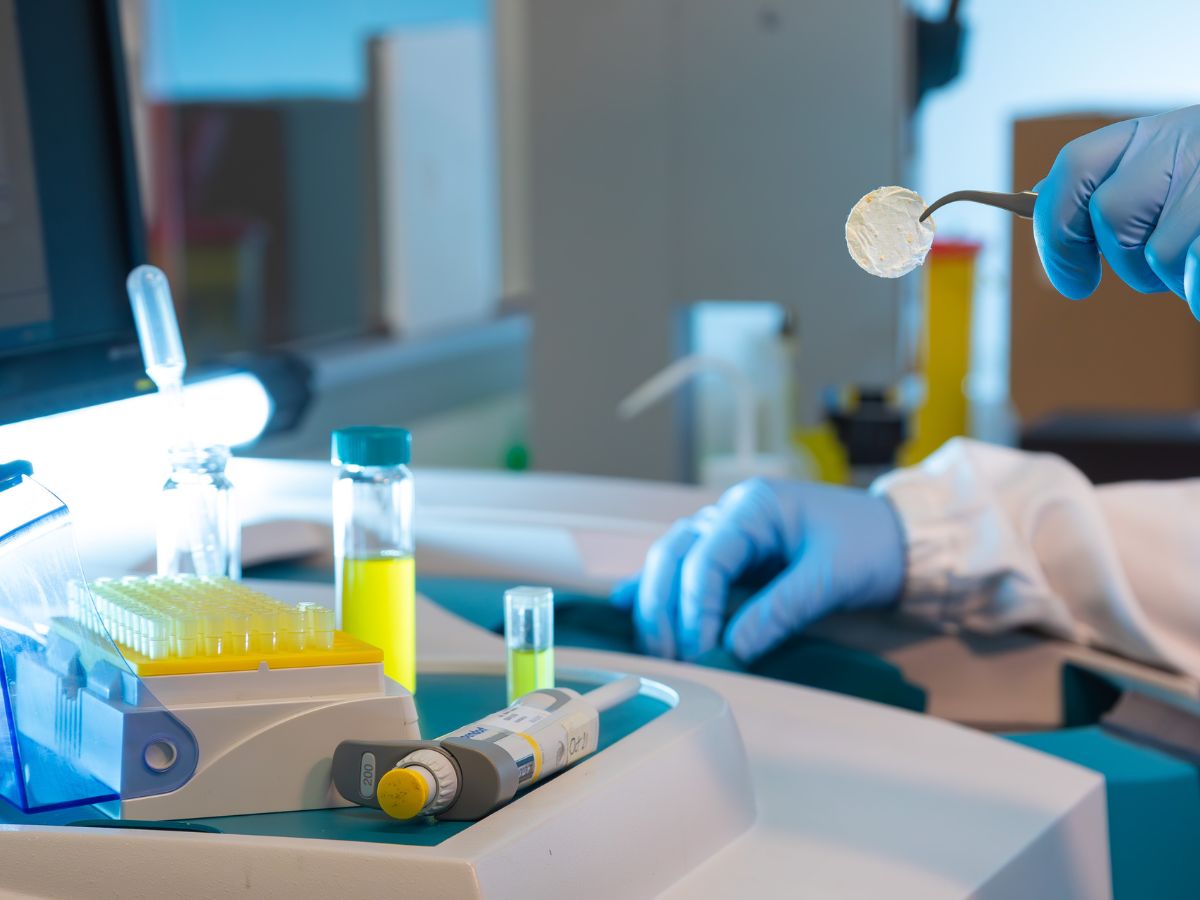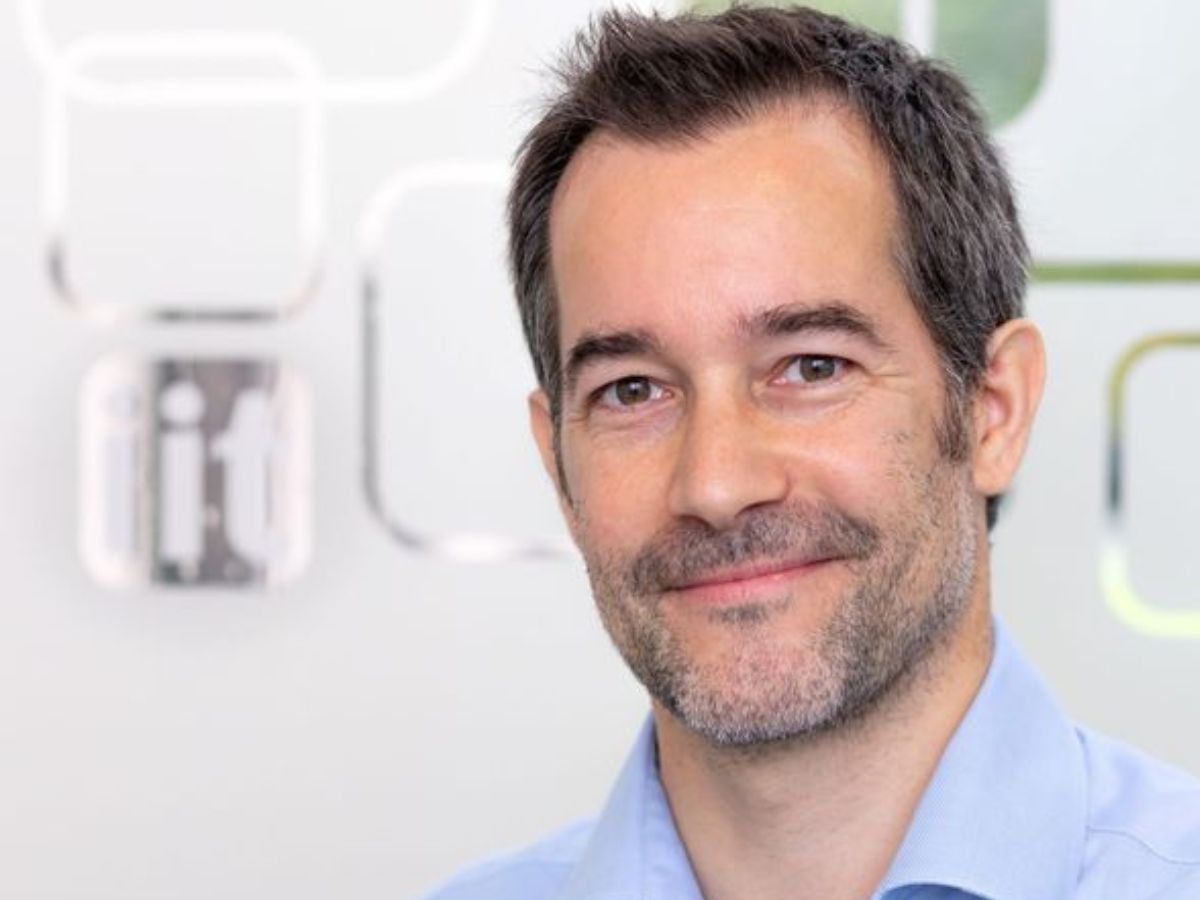Taking research one riddle at the time
Since I was young, I always wanted to become a chemist. Either that or a philosopher. (Or an astrophysicist for a little while.) I decided to go for the former since ‘there is a lot philosophy in chemistry, but not so much chemistry in philosophy’ – as my high-school philosophy professor once regretfully admitted.What I particularly enjoy about chemistry is the central role it has (and always had) in technological progress and innovation. Discoveries in chemistry – new materials, new molecules, new analytical and spectroscopy tools – are readily adopted by other branches of science and engineering to move forward in ways that were unimaginable few years before. This is the reason why many refer to chemistry as an enabling science, a central discipline on which disparate fields rely upon to produce new findings and innovative technologies.This approach is probably what I like most about being a chemist: you have the chance to face new and diverse challenges and collaborate with people with very different backgrounds that you never thought would need your input. Chemistry then become just like a game where, by working around the rules and placing your pieces in the right order, you get to unlock the solutions to new riddles.With this idea in mind, my path in chemistry was everything but straightforward. I started out as a student in Inorganic Chemistry at the University of Pisa, near my home town. The possibility of studying the entire periodic table, slowly discovering its infinite secrets, was very appealing. (As it still is today.) However, I had the chance to do a thesis on polymer chemistry, a subject that was totally new to me, and seized that opportunity. In particular, during those months, I investigated new prototypes of Luminescent Solar Concentrators (LSCs), innovative devices capable of trapping and concentrating solar radiation by chemical and optical means which find use in places where the conventional photovoltaic technologies would be impractical, such as in cities and buldings.After obtaining my MSc, I decided to take up a new challenge and moved to the University of Groningen in The Netherlands to start a PhD in Molecular Electronics. The latter is a branch of nanoscience that studies the electrical properties of molecules and aims to develop electronic components which are, in at least one of their dimensions, one molecule thick. Because of their small size, quantomechanics plays a significant role in their functioning principles and interesting features may arise that one cannot easily replicate with traditional electronics. The novelty of this field was very appealing to me, and also gave me the chance to learn a lot of new skills in organic synthesis, microfabrication, and physics.After little bit more than four years abroad, in 2019, I decided to return to Italy to continue my career in research. What played a major role in this decision is my belief that young people can (and should) play an essential role in shaping the future of our country, especially in a time during which we are facing several global crises – from climate change to the recent pandemic – and observing radical changes in the way our society operates. Coming back home was therefore the choice that made the most sense to me.Luckily enough, I got introduced to Virgilio Mattoli, a research technologist from the Center of the Italian Institute of Technology in Pontedera, which was looking for a chemist to develop novel smart materials for micro-3D printing under the Europe-funded project 5DNanoPrinting. Working in a highly multi-disciplinary environment, full of brilliant people with many different backgrounds and research projects, really gave me the opportunity to both learn a lot and lend my chemist skills to colleagues in need.Starting last February – after some delays due to the Covid-19 situation – I am a Marie Skłodowska-Curie (IF) Fellow in the same laboratory, focusing on my own project titled ‘MultiPotent Polymer Precursors’ (MP3). During this two-year research, I will be developing polymers for organic electronics using an innovative methodology which makes the materials more processable and capable to change their electronic properties on-demand.Beside the pandemic that slows all of us down, these are very exciting times: I get to do research on a thrilling project very dear to me while working at a renowned institution such as IIT surrounded by a group of extremely talented people. I am also glad to be back to the nice Italian vibes. I know it’s a cliché but it’s true: staying abroad for a long time makes you appreciate all the small things that were too ‘normal’ to notice. But I can assure you that the coffee from the machine is as bad here as it was in The Netherlands!

